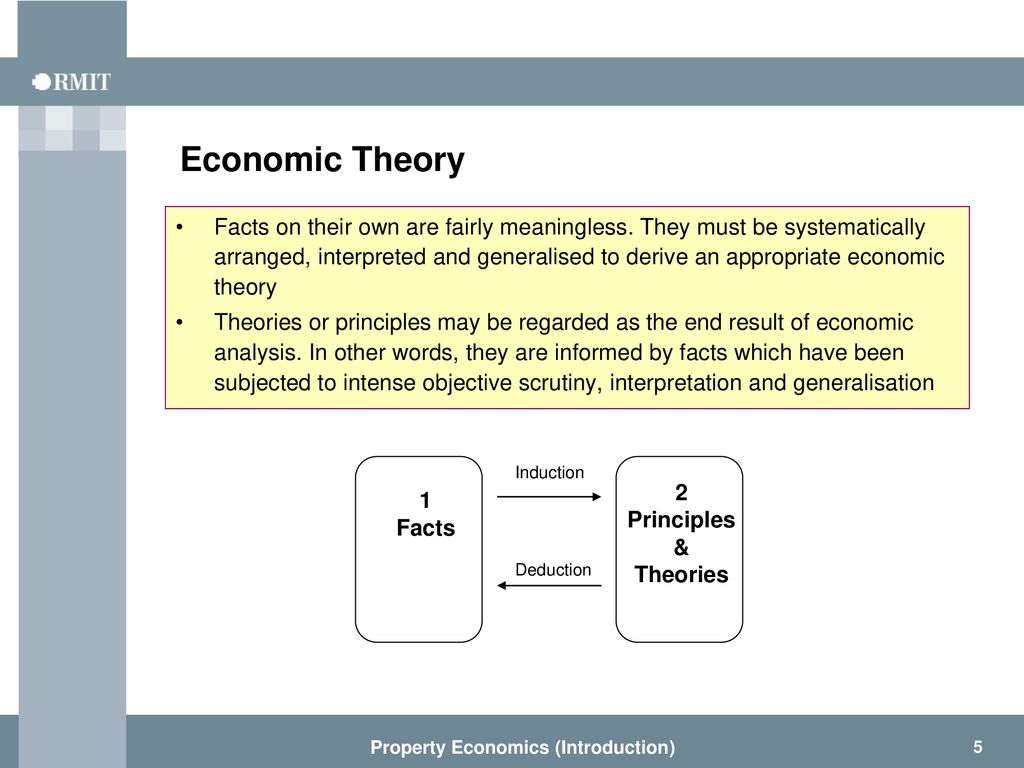

Positive statements must be either true or false, where the word 'true' is taken to mean 'consistent with the facts'. If a disagreement arises over a positive statement it can be settled by looking to the facts and seeing whether or not they support the statement. 'Britain is an island', 'British Coal employs x thousand workers', 'Jane Smith obtained a grade A in Economies', are all positive statements. Positive statements are those which deal only with facts. An understanding of the difference between these two types of statement will help us to appreciate the scope and limitations of economics. Economic models are built to mirror reality exactly C.It may be useful to begin this section on the scientific approach by distinguishing between positive and normative statements. Because economic models omit many details, they allow us to see what is truly importantĭ. Economic models seldom incorporate equations or diagramsĬ. Economic models are useful, but they should not be used for the purpose of improving public policiesī. can be useful in helping economists understand the complex world of international trade involving many countries and many goods Which of the following statements about economic models is correct?Ī. can be useful in the classroom but is useless in the real worldĭ.can be useful in helping economists understand the complex world of international trade involving many countries and many goods D. can be useful only in situations involving two countries and two goodsĬ. is useless, since the real world has many countries trading many goods.ī. make a complex world easier to understand An economic theory about international trade that is based on the assumption that there are onlyĪ. create policy alternatives that are incomplete or subject to criticism B. make it easier to teach economic concepts and analysisĭ. make a complex world easier to understandĬ. provide issues for political discussionī. try to capture every aspect of the real world in the models they construct.ĭ.

TERMS IN THIS SET (16) One thing economists do to help them understand how the real world works isĬ. cannot be determined from the infromation given +46 more terms cannot be determined from the information given d. opportunity cost Suppose the cost of operating a 75 room hotel for a night is $6,000 and there are 5 empty rooms for tonight.ĭ. efforts to reduce pollution typically are not completly successful What you give up to obtain an item is called yourĭ. employing individuals to clean up pollution causes increases in employment and income. laws that reduce pollution raise costs of production and reduce incomes.ĭ. efforts to reduce pollution typically are not completely successful.Ĭ. studies show that individuals with higher levels of income pollute less than low-incomeī.

people face tradeoffs A tradeoff exists between a clean environment and a higher level of income in thatĪ.
#The goal of an economist who formulates new theories is to free
TERMS IN THIS SET (50) The adage, "There is no such thing as a free lunch," is used to illustrate the principle thatĭ. A model can be accurately described as aĪ.theoretical abstraction with very little value.ī.device that is useful only to the people who created it.Ĭ.realistic and carefully constructed theory.ĭ.simplification of reality D.simplification of reality +31 more terms One thing economists do to help them understand how the real world works isĬ.they try to capture every aspect of the real world in the models they construct.ĭ.All of the above are correct. C.contribute to an understanding of how the world works. b.provoke stimulating debate in scientific journals.Ĭ.contribute to an understanding of how the world works.ĭ.demonstrate that economists, like other scientists, can formulate testable theories. The goal of an economist who formulates new theories is toĪ.provide an interesting framework of analysis, whether or not the framework turns out to be of muchuse in understanding how the world works. TERMS IN THIS SET (35) The scientific method isĪ.the use of modern technology to understand the way the world works.ī.the use of controlled laboratory experiments to understand the way the world works.Ĭ.the dispassionate development and testing of theories about how the world works.ĭ.the search for evidence to support preconceived theories about how the world work C.the dispassionate development and testing of theories about how the world works.


 0 kommentar(er)
0 kommentar(er)
